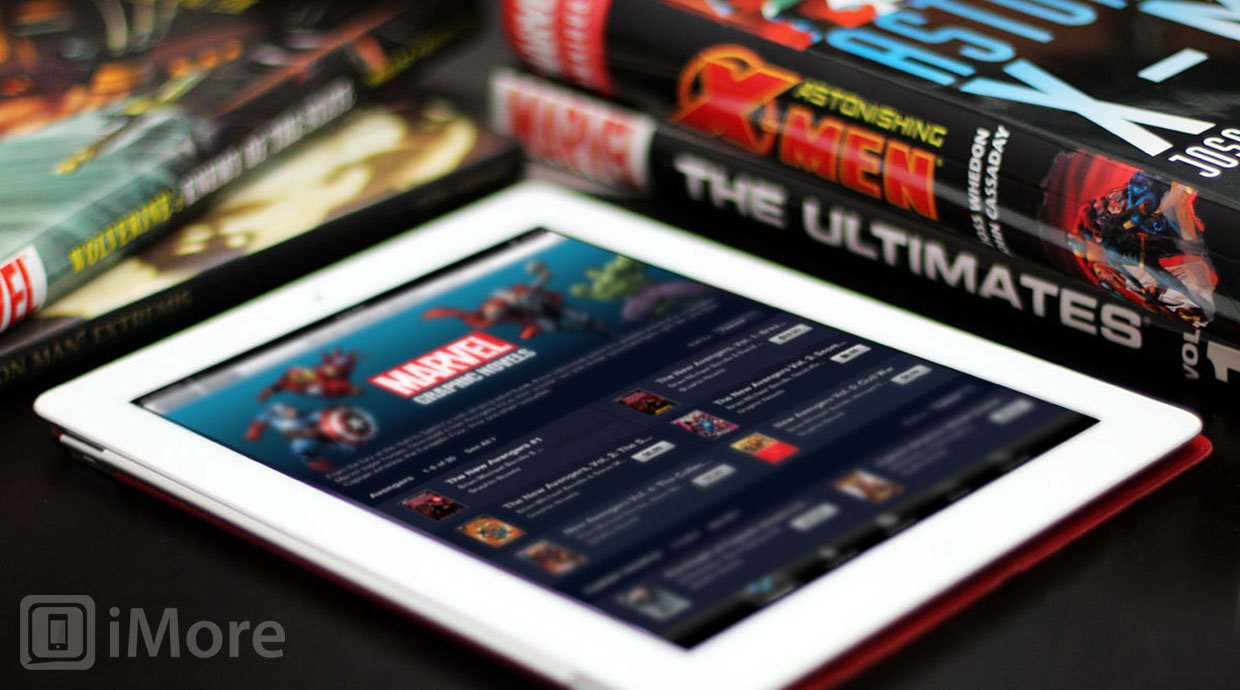Understanding the Apple vs. USA ebook price-fixing debacle

Last week Apple lost the antitrust suit filed against it by the US government for ebook price fixing. Apple will appeal, of course, and given Apple's statements-to-date, they'll likely appeal it all the way. It's a complex issue that could decide who controls the ebook market for the foreseeable future: Amazon, or everyone but-Amazon. I kid. A little. Adam C. Engst read everything involved and, combined with his years of ebook publishing and his skill as a writer, put together an excellent explanation for what's really going on here. From TiBITS
Cote's 160-page opinion is remarkably well-written and is a fascinating read, at least if you're interested in the chronology and minutia of this case. I've read the entire thing, and have found it far more compelling than the soap opera media coverage of the trial, which took place from 3 June 2013 through 20 June 2013. It also clarifies numerous points and questions that came up during and since the trial. Rather than attempt to summarize the entire opinion, I'm going to focus on answering questions surrounding it, based on what Judge Cote wrote.
Engst also directs readers to Philip Elmer-DeWitt's excellent article on the strengths and weaknesses of the six major arguments of Apple's defense, including this doozy. From Fortune.
It's only in this, the final section of her opinion, that Judge Cote addresses the elephant in her courtroom: Amazon (AMZN), which before Apple arrived controlled 80% to 90% of the e-book market and was selling the most popular titles below cost."If Apple is suggesting that Amazon was engaging in illegal, monopolistic practices, and that Apple's combination with the Publisher Defendants to deprive a monopolist of some of its market power is pro-competitive and healthy for our economy, it is wrong," she writes. "Another company's alleged violation of antitrust laws is not an excuse for engaging in your own violations of law."Perhaps. But it does raise a question that begs for an answer even more loudly now than before her verdict: Why the Justice Department chose to prosecute the new entrant in the e-book market, and not the monopolist.
If you're at all interested in ebooks and the future of the ebook market, give both a read.
Source: TiBITS
iMore offers spot-on advice and guidance from our team of experts, with decades of Apple device experience to lean on. Learn more with iMore!

Rene Ritchie is one of the most respected Apple analysts in the business, reaching a combined audience of over 40 million readers a month. His YouTube channel, Vector, has over 90 thousand subscribers and 14 million views and his podcasts, including Debug, have been downloaded over 20 million times. He also regularly co-hosts MacBreak Weekly for the TWiT network and co-hosted CES Live! and Talk Mobile. Based in Montreal, Rene is a former director of product marketing, web developer, and graphic designer. He's authored several books and appeared on numerous television and radio segments to discuss Apple and the technology industry. When not working, he likes to cook, grapple, and spend time with his friends and family.
